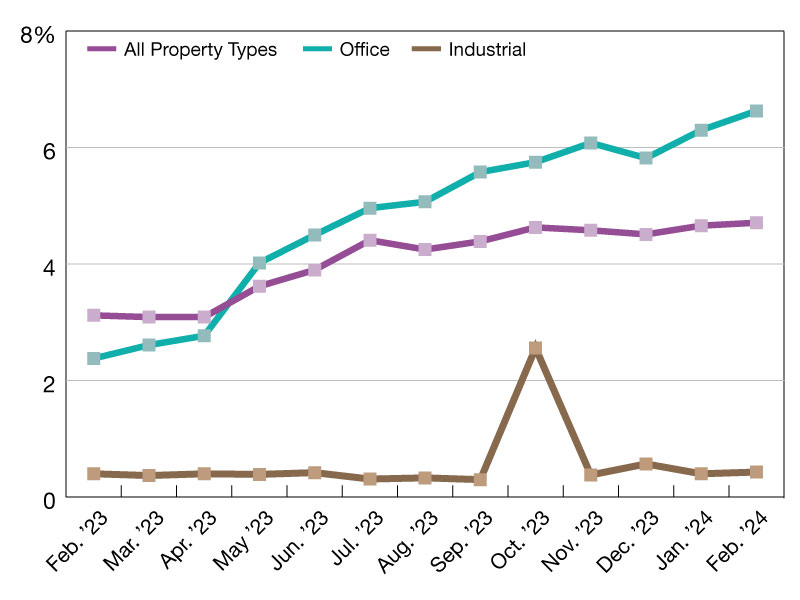Do Centro Woes Point to Wider Debt Problems?
Centro, the beleaguered Australian retail property landlord with large holdings in the United States, has remained in the news at the beginning of 2008, first with word that the company is exploring other options to resolve its debt problems, as reported in CPN yesterday. Such options might include selling assets, or stock, or even the…
Centro, the beleaguered Australian retail property landlord with large holdings in the United States, has remained in the news at the beginning of 2008, first with word that the company is exploring other options to resolve its debt problems, as reported in CPN yesterday. Such options might include selling assets, or stock, or even the company as a whole. Earlier today, Standard & Poor’s Ratings Services cut Centro NP L.L.C’s issuer credit rating to from BB+ to CCC+. Centro NP is associated with the senior unsecured debt, almost $1 billion, that formed part of the $6.3 billion purchase of New Plan Realty Trust last year. Currently, the company has until February 15 to devise a plan to deal with some $A$3.9 ($3.4 billion) in short-term debt, much of which dates from its acquisitions US retail properties in the last 18 months or so. Yesterday, CPN reported that such entities as Westfield Group and Morgan Stanley might be interested in buying parts of Centro. Today, other names came to light as bidders in news reports by Reuters, such as the Blackstone Group, Citadel Investment Group, and Inland American Real Estate Trust. Is Centro a sign of things to come in 2008? “Among Centro’s peer group–that is, other major retail property owners–I don’t see things playing out this way for anyone else,” Bernard Haddigan, managing director for Marcus & Millichap’s National Retail Group, told CPN this morning. “Other large retail owners, such as Kimco or DDR, seem fundamentally sound.” On the other hand, Haddigan added, in the wider commercial real estate world, some investors are bound to face debt refinancing problems in the not-too-distant future. “For a number of investors, including some major Wall Street players, the easiest way to add value in recent years was to add cheap debt on properties, and that isn’t possible any more,” he said. “A lot of that debt can’t be replaced.”






